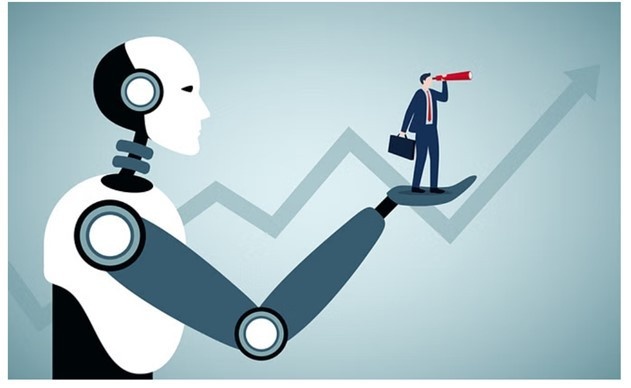 |
Does AI really increase productivity? Photo: LinkedIn . |
Amid rising fears of job losses due to AI, optimists say it is simply a productivity tool that will benefit both workers and the economy . Microsoft CEO Satya Nadella says users will simply state their goals, while automated AI agents will plan, execute and learn across all systems.
However, AI is creating a “productivity trap”, calling for more and more people to use it, even depend on it. This will lead to a decline in the ability to self-question, solve problems, and more seriously, affect creativity and breakthroughs in life.
Focus on quantity over quality
The ideal AI tool , the FT argues, would be one where efficiency alone is enough to solve the productivity problem. The newspaper points out that over the past half-century, there have been more computers that are said to be faster than ever, but the rate of growth in labor productivity in developed economies has fallen, from about 2% a year in the 1990s to about 0.8% today.
When computers were supplemented by the Internet and global talent was connected, breakthroughs should have exploded. Instead, research productivity has declined. A scientist today produces fewer breakthroughs per dollar invested than their predecessor in the 1960s.
Economist Gary Becker has pointed out that parents face a choice between “quality and quantity.” The more children they have, for example, the less they can afford to invest in each child. The same may be happening with innovation.
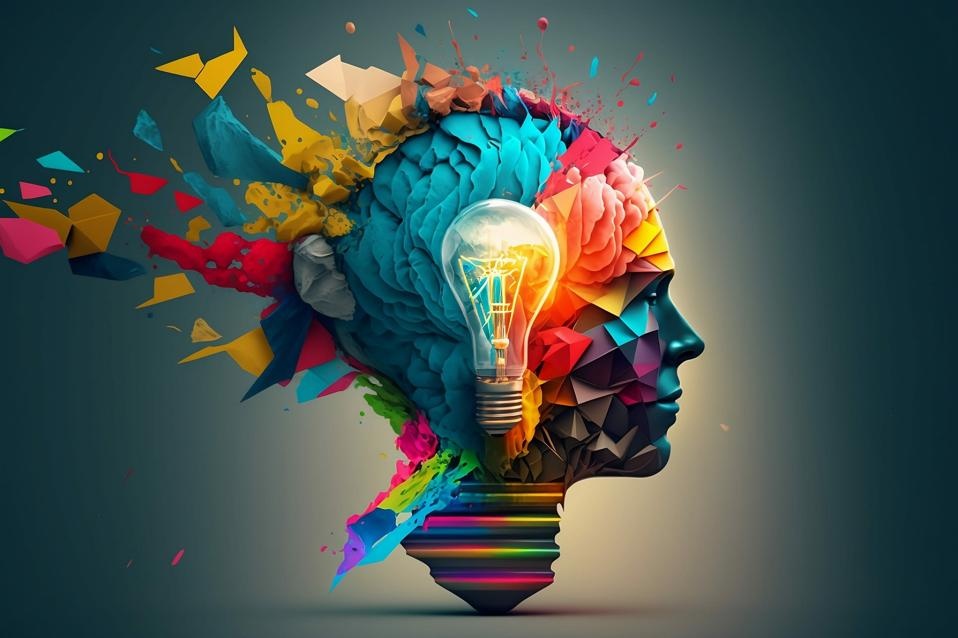 |
Too many projects at once can affect creativity. Photo: Adobe Stock. |
Large-scale studies of patent output confirm that the number of projects undertaken is inversely proportional to the likelihood of a breakthrough. In recent decades, scientific papers and patents have become more of a trickle-down affair than a breakthrough.
Meanwhile, the great minds of history understood this well. Isaac Newton once said that he always “kept a problem before him… until the first rays of light appeared, little by little, and then at last burst into clear and full light.” “Innovation is saying no to a thousand things,” Steve Jobs agreed.
“AI's middle ability trap”
Mr. Ho Quoc Tuan, Director of the Master of Finance & Accounting program at the University of Bristol, mentioned the concept of “AI’s average ability trap”. Regular work that requires the ability of people with average ability often includes many repetitive tasks, following clear and quantifiable processes. However, he believes that is the outstanding strength of AI.
Large language models (LLMs) tend to stick to what statistics say is a common consensus. If you give a chatbot 19th-century text, it will “prove” that humans can’t fly until the Wright brothers did.
A review published in March 2025 in the journal Nature found that while LLMs can help reduce repetitive scientific work, the real leaps in thinking still belong to humans. Mr. Tuan also believes that clinging to what is known, not daring to take risks and having critical thinking are fatal weaknesses in the AI era.
Demis Hassabis, who leads the team at Google DeepMind that developed AlphaFold, a model that predicts protein shapes, is considered one of the most significant scientific achievements in AI to date. But even he admits that achieving true general artificial intelligence will still require “many more innovations.”
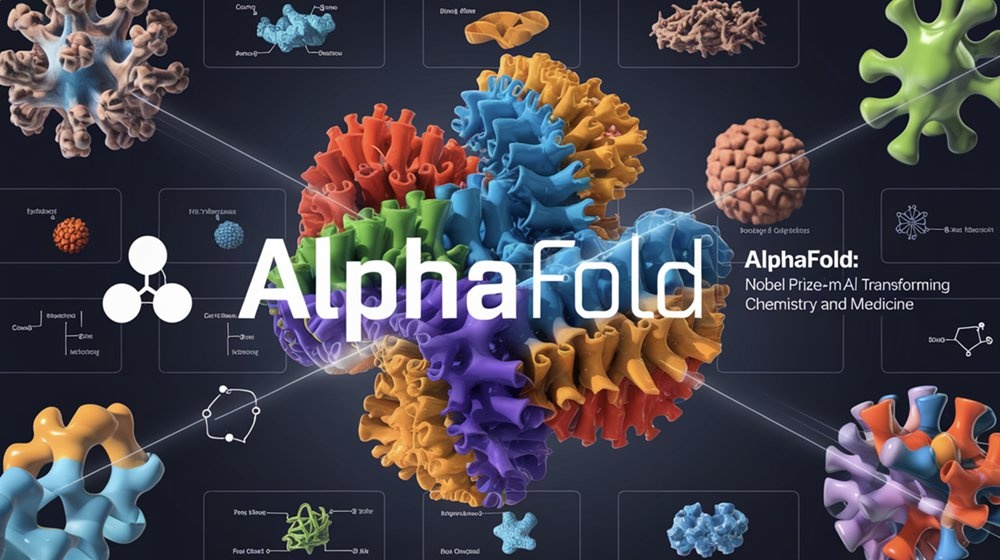 |
AlphaFold, the Nobel Prize-winning scientific work, also needs "more innovation". Photo: Google Deepmind. |
In the near term, AI will be more about efficiency than creativity. A survey of more than 7,000 knowledge workers published on Arxiv found that those who used generative AI extensively reduced their email time by an average of 3.6 hours per week (31%), while collaborative tasks remained largely unchanged.
However, if everyone outsources email answering to ChatGPT, the number of emails in inboxes could increase, losing the initial productivity. According to FT , the experience of the US productivity recovery in the 1990s shows that the benefits of new tools will quickly fade if not accompanied by real creative breakthroughs.
Source: https://znews.vn/nghich-ly-nang-suat-cua-ai-post1561451.html



![[Photo] National Assembly Chairman Tran Thanh Man attends the VinFuture 2025 Award Ceremony](/_next/image?url=https%3A%2F%2Fvphoto.vietnam.vn%2Fthumb%2F1200x675%2Fvietnam%2Fresource%2FIMAGE%2F2025%2F12%2F05%2F1764951162416_2628509768338816493-6995-jpg.webp&w=3840&q=75)



![[Photo] 60th Anniversary of the Founding of the Vietnam Association of Photographic Artists](/_next/image?url=https%3A%2F%2Fvphoto.vietnam.vn%2Fthumb%2F1200x675%2Fvietnam%2Fresource%2FIMAGE%2F2025%2F12%2F05%2F1764935864512_a1-bnd-0841-9740-jpg.webp&w=3840&q=75)
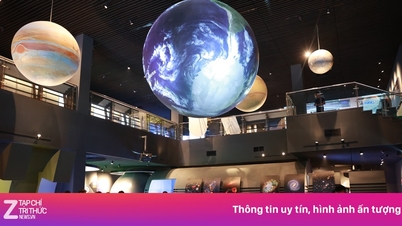






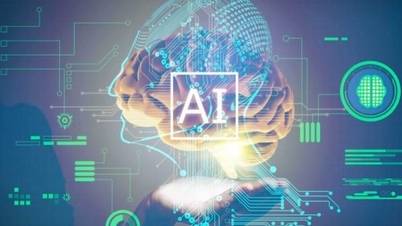

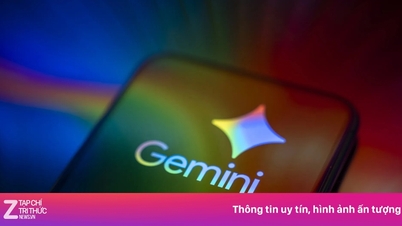




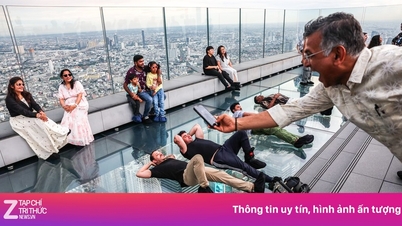




















































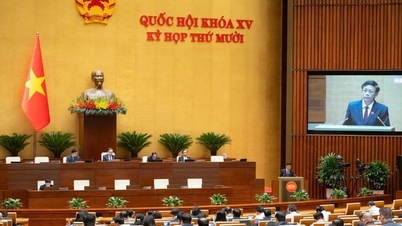







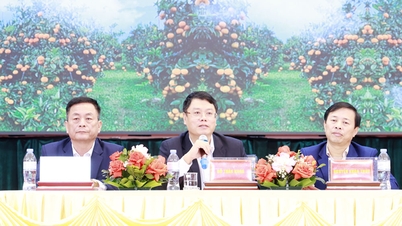





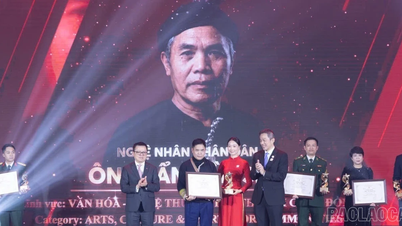









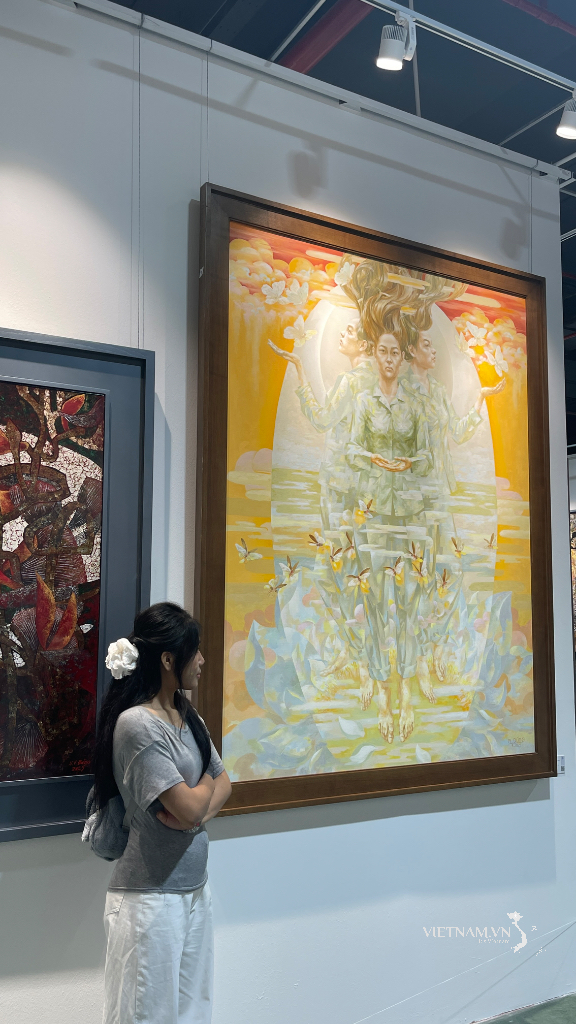







Comment (0)